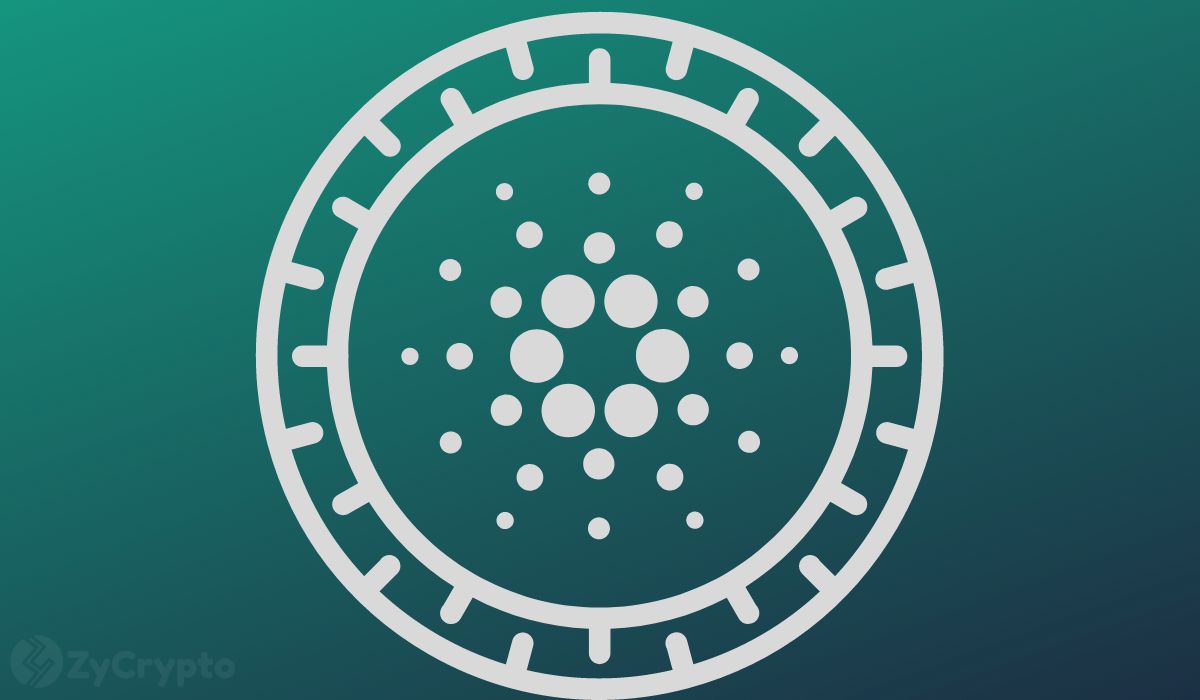- Last year’s Vasil hard fork expanded Cardano’s support for smart contracts.
- The gains in ADA could also be tied to Cardano’s recently launched stablecoin, Djed.
The number of smart contracts on Cardano is rising, with the latest on-chain data from Blockchain Insights showing that the figure was at 5,006 on February 2 and 4,000 as of December 3. It means the blockchain has added roughly a thousand more programs in under two months, pushing the value of its native token ADA upwards.
The data from CoinMarketCap shows that ADA was up +0.4% in the past day and +5% in the last week at the time of writing. From the monthly chart, the cryptocurrency has climbed 55% to trade at $0.40. Although the gains come amid a market-wide crypto recovery, Cardano’s advancement is positioning the blockchain for resilience against market turbulence.
Specifically, the launch of the Vasil hard fork upgrade in September advanced the Plutus Scripts – Cardano-based smart contracts platform – increasing the self-executing programs significantly. As of January 2022, the number was 1,000. Besides, Cardano has enhanced its dApps capability, further boosting transactions using smart contracts and the metadata on the blockchain.
Recently Launched Djed Stablecoin
Aside from the smart contracts, Cardano could register more inflows following the release of its new stablecoin Djed, which went live on the mainnet on January 31. The new digital asset is touted by its developers as a stable and decentralised alternative to fiat-based stablecoins, built for transparency and enhanced security.
But even with the strong sentiment that Djed hit the market with, questions are already emerging on how strong the stablecoin is against the volatility of the calibre that led to the collapse of Terra USD.
On Feb 2, Djed lost its peg to the dollar, dropping as low as 97.5 cents. Such a scenario usually happens when the token issuers, in this case, COTI, do not hold enough liquid reserves to meet the withdrawals. The current circulating Djed is worth $1.8 billion against a collateral backing of $12 billion worth of ADA tokens.







